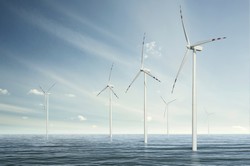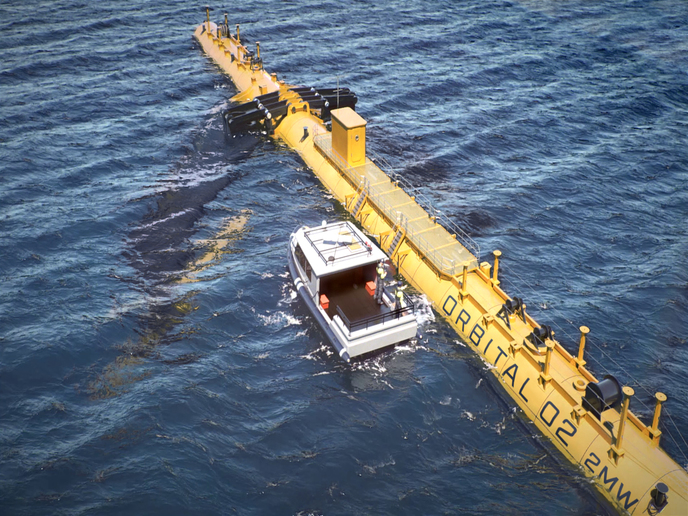More competitive servicing of offshore wind power
With the aid of EU funding, the ECOWINDS(opens in new window) (European clusters for offshore wind servicing) project worked to enhance the innovation capacity of the European offshore wind servicing (OWS) sector by fostering cross-regional cooperation and strengthening the relationship between research and the offshore wind industry. Project partners concentrated their activities on the offshore wind clusters of south Denmark, east of England, north-west Germany and Norway. These regions have emerged as key hubs for the global offshore wind industry. A novel self-assessment tool was produced and used to map the four participating clusters to gain a clearer understanding of their strengths, weaknesses, opportunities and threats, and their ability to support the OWS sector's innovation activities. Transferable to other research driven clusters, the tool was used to identify similarities and complementarities. The regional mapping procedures developed through ECOWINDS enabled the offshore clusters to increase their knowledge and understanding of their own structures and particular strengths and weaknesses. The work also increased understanding of the external factors that influence the offshore wind industry and provided insights into the OWS sector. Regional mapping of all ECOWINDS research and development clusters was a vital prerequisite for refocusing the strategic management of each cluster. The findings were shared with the stakeholders of each cluster and used as a roadmap for actions to promote innovation-driven opportunities for the evolution and building up of the OWS industry. One of the project's main results was attracting industry involvement and supporting stakeholders in the creation of measures to promote cost reduction. The International Cooperation Strategy was a key output, which identified potential markets where collaboration could be sought and what form this collaboration would take. Creation of the Smart Specialisation Toolkit provided a step-by-step guide to how ECOWINDS strategic objectives were created. This enabled other clusters to go through the same processes as ECOWINDS and develop their own cluster strategies. ECOWINDS outcomes will pave the way for new research and understanding of how the costs of OWS can be reduced through research, innovation and cross-regional cooperation. They will therefore boost the competitiveness of the OWS sector in Europe by lowering costs and achieving more competitive pricing.







